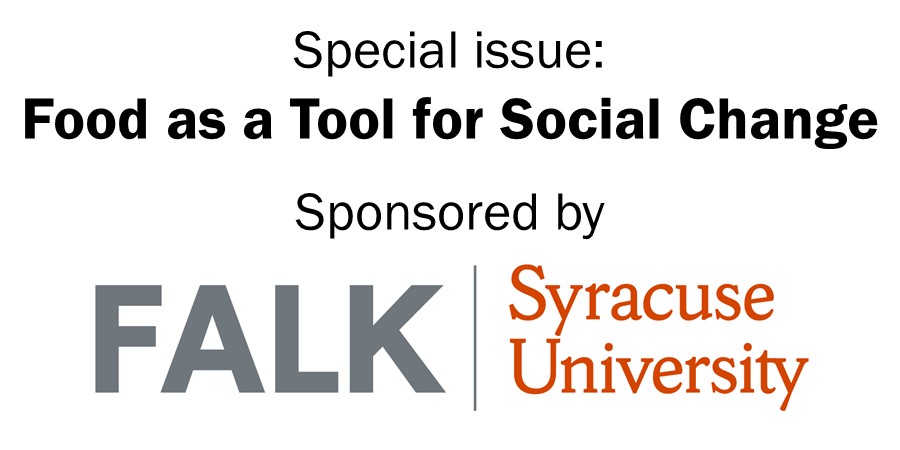Evan Weissman: Food studies scholar and hometown scholar-activist
DOI:
https://doi.org/10.5304/jafscd.2021.104.017
Keywords:
Tribute, Food Systems, Scholar-Activism, Food StudiesAbstract
First paragraph:
In order to find a tenure-track job in their field, academics often must move far from their hometown and the university they graduated from. Evan Weissman was the rare academic who had the opportunity to stay at the university that granted him his Ph.D. and, even rarer, stay in his hometown of Syracuse, New York. He acknowledged the privilege of this situation in his remarkable article, “Privilege and Mistake Making in the Practice of Activist-Scholarship” (Weissman, 2018). In addition to stating his privilege as a white, male, able-bodied person, gainfully employed in a job that allowed him to follow his interests and do community-engaged work within the framework of academic freedom, he commented specifically on working in his hometown. He stated, “I am privileged to work and live in my hometown, where I have deep personal and political commitments. Because I live and work in my hometown, the traditional line between my identities and positions as community member and scholar are blurred” (Weissman, 2018, p. 1069). He went on to discuss the difficulty with attempting to be a scholar-activist without being seen as one or the other, particularly in a city such as Syracuse with an expensive private school located in a city with a large low-income population and a large degree of inequality, with a large town/gown separation. . . .
Metrics

Downloads
Published
How to Cite
Issue
Section
Categories
License
Copyright (c) 2021 Daniel R. Block

This work is licensed under a Creative Commons Attribution 4.0 International License.
The copyright to all content published in JAFSCD belongs to the author(s). It is licensed as CC BY 4.0. This license determines how you may reprint, copy, distribute, or otherwise share JAFSCD content.











